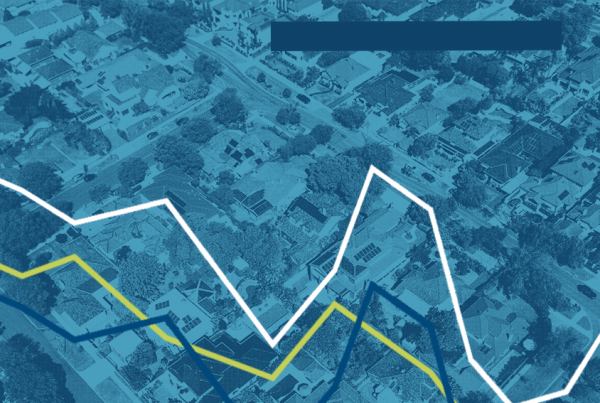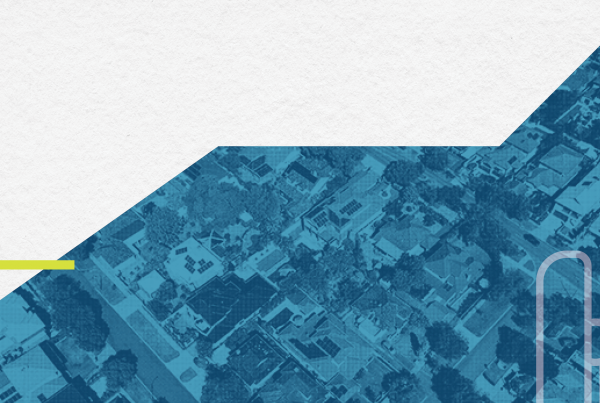When it comes to buying and owning a home, most people naturally strive for the lowest possible interest rates on their mortgages so they can pay less each month and over the long term. Believe it or not, there are instances where those who currently have a low interest rate might consider refinancing or selling their homes and transitioning to a new mortgage with a higher interest rate.
While this decision may seem counterintuitive, everyone’s situation is different, and a variety of factors can contribute to this choice. Here are a few reasons why you may opt for a higher interest rate on a new mortgage despite having a low interest rate on your current home loan.
Accessing home equity. You might choose to refinance your current home and obtain a new mortgage with a higher interest rate to access your equity (the difference between the market value of the property and the remaining mortgage balance). By using a new loan to unlock the equity you’ve built up in your property, you can receive a lump sum of cash that can be utilized for various purposes – funding home improvements, other investments, or unforeseen expenses – at an interest rate that’s still lower than most credit cards.
Relocating or right-sizing. Life circumstances often change, prompting you to sell your home and move to a different location or seek a larger or smaller property. While it may seem advantageous to keep the existing low-interest mortgage, the terms of the loan and the property itself may not align with your new plans. In those instances, obtaining a new mortgage with a higher interest rate might be necessary to complete a desired relocation or accommodate a need for more or less space. The increased interest rate may be a trade-off for the benefits and opportunities presented by the new location and property – and remember, home loans can always be refinanced in the future if and when rates decrease significantly.
Debt restructuring. Sometimes, you can find yourself burdened with high-interest debts: credit cards, personal loans, car loans, and more. Even with a low-interest mortgage, the overall interest paid on multiple debts can be significant. Refinancing your home and obtaining a new mortgage with a higher interest rate can provide an opportunity to consolidate all debts into a single mortgage payment. While the interest rate may be higher than the previous mortgage, the consolidation of debts with even higher interest rates can simplify financial management and potentially result in a lower total monthly payment, improved cash flow, and better overall financial stability.
Changing loan terms. While securing a low initial interest rate on a mortgage is desirable in the short term, you should always keep your long-term financial goals in mind. You might choose to buy or refi and obtain a new mortgage with a higher interest rate to modify the loan terms so they’re better suited for your personal situation (opt for a shorter loan term to pay off the mortgage faster, switch from an adjustable-rate mortgage to a fixed-rate mortgage for more predictable payments, etc.).
Exploring other investment opportunities. In certain situations, you may choose to refinance or sell your current property and use the proceeds to invest in potentially more lucrative ventures. This decision could be driven by anticipated higher returns from an alternative investment, the desire to diversify your portfolio, or the opportunity to enter a new real estate market with better growth potential. By accepting a higher interest rate on a new mortgage, you may be able to pursue investment opportunities with upsides that may outweigh the potential drawbacks of bumping up your mortgage rate a bit.
Yes, the idea of voluntarily obtaining a new mortgage with a higher interest rate may not seem like the right thing to do. But as outlined above, there are many valid reasons why you may choose this path.
Here at Homeowners, part of our advisory approach to mortgages is to help you prioritize your changing needs and overall financial goals over the immediate allure of a low interest rate. Contact your local Homeowners Licensed Mortgage Professional today and let’s see if a new home loan is the right move for you.




